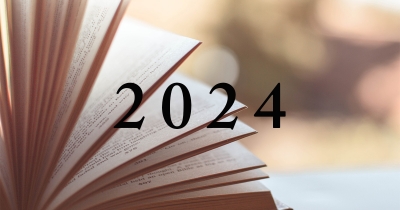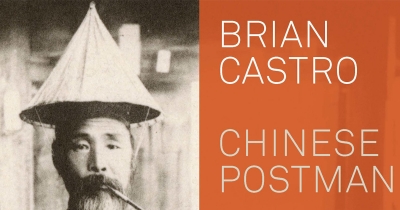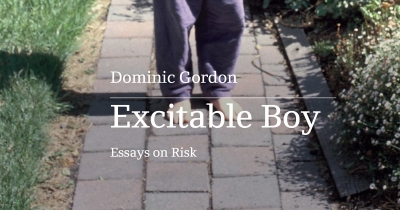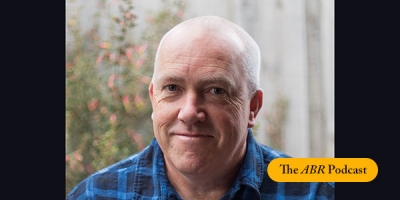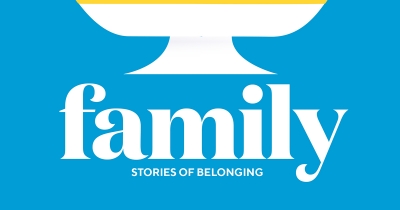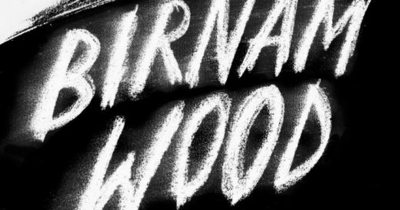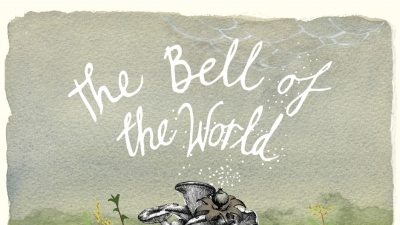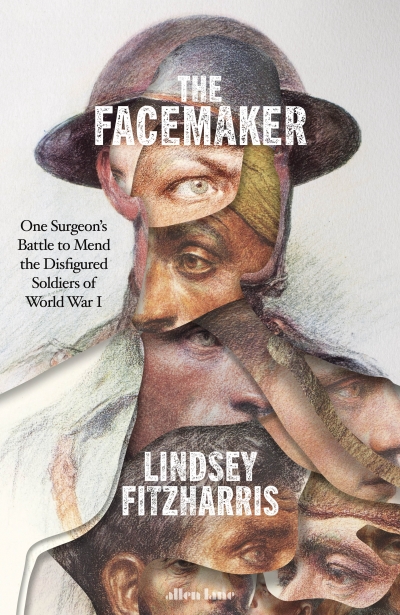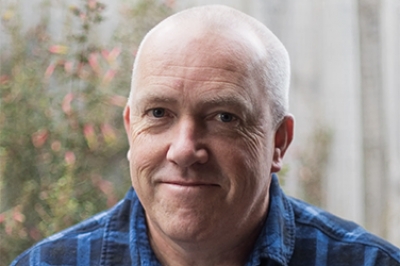Michael Winkler
William Dalrymple’s The Golden Road: How ancient India transformed the world (Bloomsbury, reviewed in ABR, 10/24) explores the ways in which India shaped the ancient (and by extension modern) world. This expansive work is brilliantly readable. I enjoyed it so much that I downloaded the recorded version, which Dalrymple himself narrates. This I have listened to twice. Dalrymple challenges the Western-centric view of history and highlights India’s under-appreciated impact on Asian and Western cultural and economic developments. My second selection is almost a diametrical opposite: a slim book written in incredible haste. Gideon Haigh’s My Brother Jaz (MUP) is an exploration of grief, guilt, remorse, and survival. In January 2024, Haigh impulsively and, one imagines, frenetically began writing about the night his seventeen-year-old brother Jasper was killed. He finished seventy-two hours later. My Brother Jaz is unflinching, painful, and anguished. It is also a remarkable exploration of what it means to go on, to live, to reconcile and remember. ... (read more)
On this week’s ABR Podcast, we return to the winner of the 2016 Calibre Essay Prize, Michael Winkler’s ‘The Great Red Whale’. As ABR remarked at the time, ‘This excoriating yet remarkably subtle meditation is also a tribute to consolations: landscape, specifically the desert of Central Australia, and literature, notably Moby-Dick.’ Here is Michael Winkler with ‘The Great Red Whale’.
... (read more)Family: Stories of belonging edited by Alaina Gougoulis and Ian See
by Michael Winkler •
The Facemaker: One surgeon’s battle to mend the disfigured soldiers of World War I by Lindsey Fitzharris
by Michael Winkler •
My sister died seventeen years ago and there aren’t many days I don’t miss her. I’d like us to be walking together beside the Murray River near our place in Merbein, hearing her laugh, and being renewed by the sunshine through the river red gums.
... (read more)
